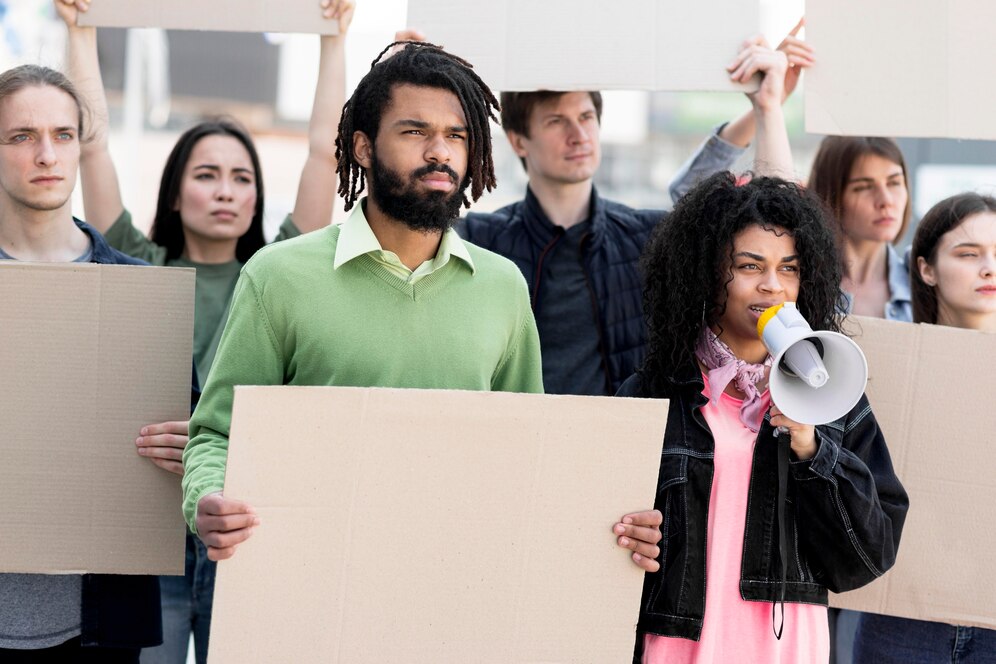Political events have a profound and wide-reaching influence on a nation’s direction. These events, such as elections, policy changes, or shifts in government, shape the political landscape and impact citizens’ lives, the economy, and even international relations. Understanding how political events affect society and the economy is essential, as they can alter daily experiences, economic conditions, and global dynamics.
Social Consequences of Political Events
One of the most prominent effects of political events is their influence on social structures within a country. For instance, the outcome of elections determines the leadership and priorities that will guide a nation’s policies. This, in turn, has direct consequences on social welfare programs, civil rights, healthcare, and education. When there is a political shift, new policies may either promote inclusivity or exclude certain groups from opportunities or resources. Reforms might benefit marginalized communities, or alternatively, exacerbate inequalities.
However, political events can also cause tensions and divisions within society. When controversial policies are introduced, they often spark protests, debates, or even violent unrest. This was evident in various historical events where political scandals or impeachments led to widespread disillusionment with government institutions. When citizens lose trust in their leaders or feel ignored by political decisions, it can lead to frustration, resulting in social movements and calls for change.
Political events also shape the public mood. Periods of political instability, such as during government transitions or crises, can breed anxiety and insecurity among the population. Conversely, when political shifts lead to positive reforms or the fulfillment of public demands, they can generate a sense of hope and unity, helping to boost national morale.
Economic Impact of Political Events
The economy is highly sensitive to political events, which often determine the direction of national fiscal policies. Economic strategies such as tax reforms, trade agreements, or government spending are influenced by political leadership. As a result, political events can have immediate and long-lasting effects on various sectors, including business, employment, and consumer behavior.
Take, for example, the impact of elections on investor confidence. If a candidate or political party is seen as favorable to business interests, stock markets may respond positively, leading to market growth. In contrast, a more regulatory-focused administration might create uncertainty, resulting in economic slowdowns or stock market declines. Political events such as the imposition of tariffs or new trade policies can have immediate effects on businesses, industries, and global supply chains.
When new political leaders take office, their proposed policies can reshape entire industries. Governments may introduce tax incentives to promote business growth or implement austerity measures that affect public spending. These policies impact not only national markets but also global trade. For instance, political events in key nations like the United States or China can send ripple effects across international markets, influencing everything from currency values to global stock prices.
In addition, political decisions that affect employment laws, healthcare, or housing can significantly alter economic conditions. For example, introducing universal healthcare or changing the tax system might directly affect business operations, consumers’ disposable income, and national productivity.
Political Events and Global Relations
The impact of political events is not confined to a single country; such events can also reshape global relations. Diplomatic decisions resulting from elections, political upheavals, or changes in leadership often redefine a nation’s position on the world stage. These decisions influence everything from foreign alliances and trade agreements to participation in international treaties.
For instance, a new government might change the direction of its foreign policy, either fostering stronger ties with certain countries or pursuing a more isolationist stance. This shift can lead to the renegotiation of trade deals, the formation of new alliances, or even the imposition of sanctions, all of which have global consequences. A prime example of such a shift is Brexit, where a political event—the United Kingdom’s decision to leave the European Union—completely restructured its relationship with Europe and the rest of the world, creating new economic and political challenges.
Political events like conflicts, wars, or international treaties can alter diplomatic relations between countries. Decisions made during such events may lead to international cooperation or, conversely, heightened tensions. Political shifts can also impact global initiatives on issues such as climate change, security, or human rights. Countries led by different political ideologies often approach these challenges in very different ways, shaping global strategies and policies.
Conclusion
Political events have far-reaching consequences that extend beyond immediate political outcomes. They influence social dynamics, economic health, and the course of international relations. Whether it’s the result of an election, policy change, or diplomatic shift, these events shape the future of nations and their interactions with others. The importance of understanding the impact of political events cannot be overstated. Citizens, businesses, and policymakers alike need to stay informed about political developments, as these events directly affect their future. Political decisions made today will define the direction of societies, economies, and global relations tomorrow. In a world that is increasingly interconnected, the effects of political events will continue to resonate far beyond national borders.







